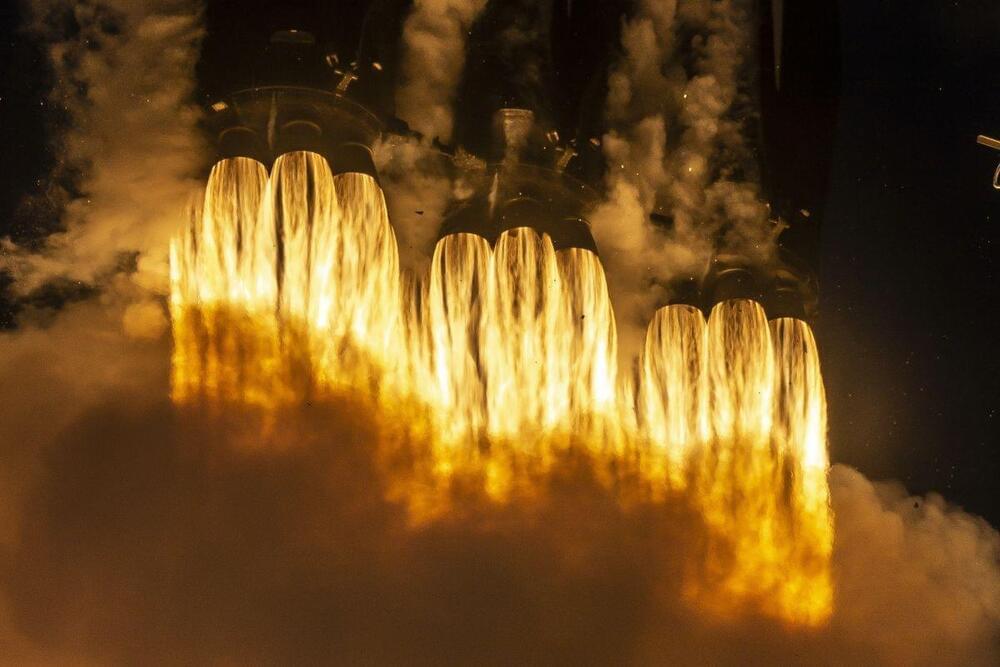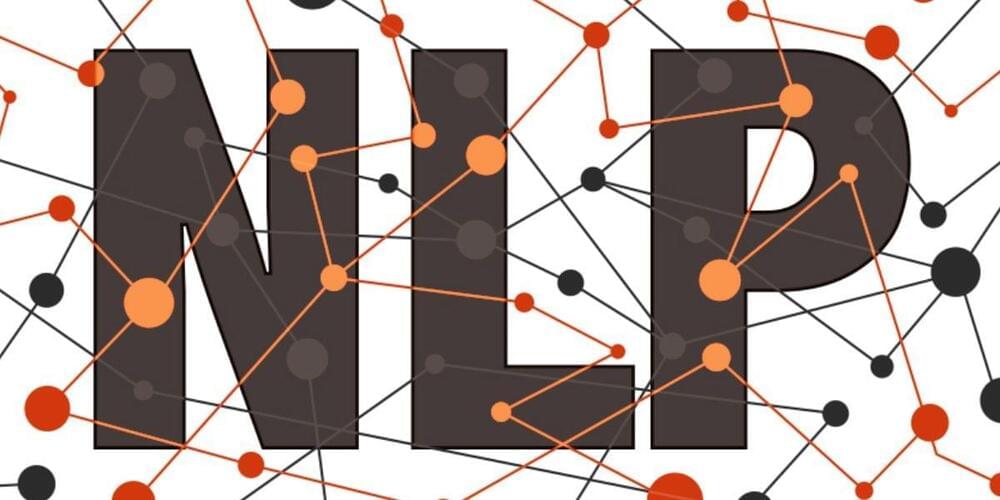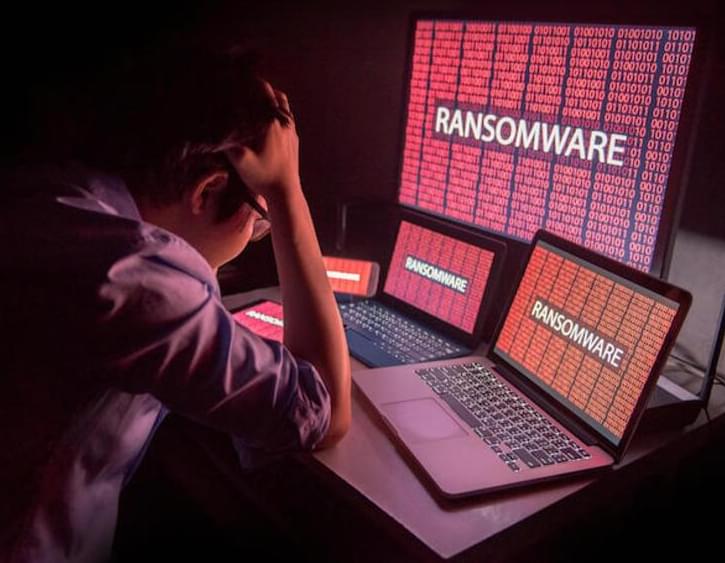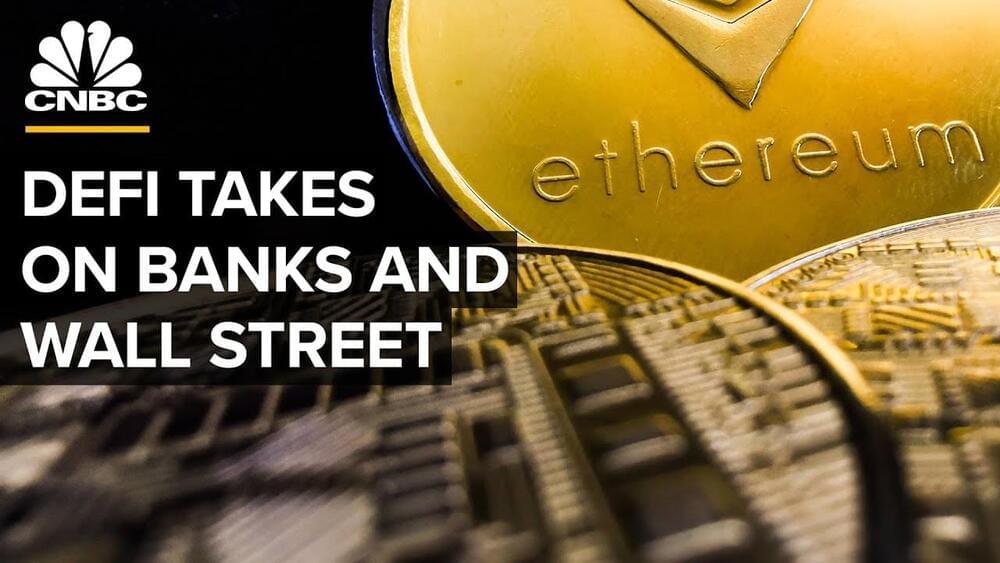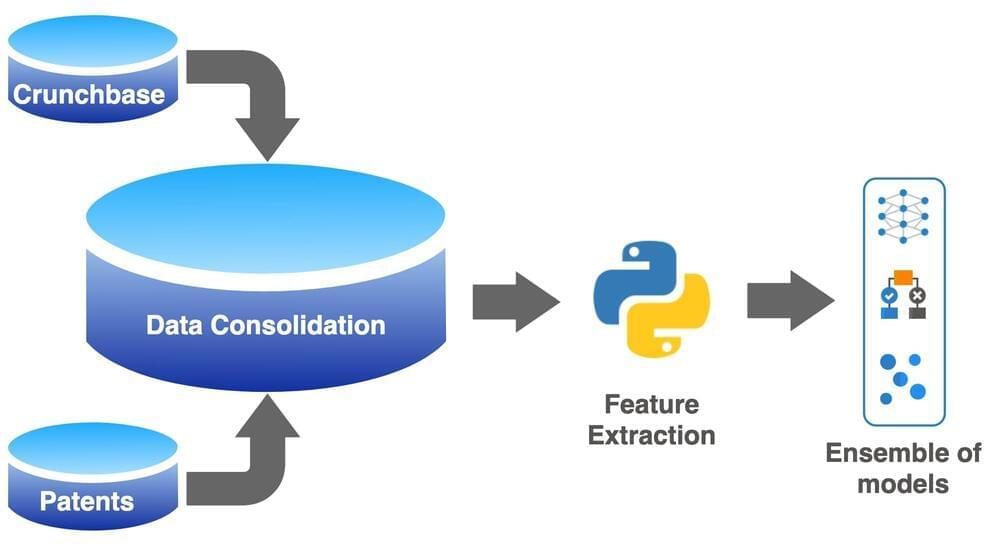With global corporate-venture-capital-backed (CVC) funding reaching $79 billion across 2,099 deals in the first half of 2,021 according to CB Insights, the chances are high that startups will find great opportunities with this growing investor set.
Entrepreneurs, however, are likely to discover that the investment process can be different for CVCs compared to private venture capital firms. While both types of investment firms tend to make decisions via an investment committee (IC), private VCs (inclusive of VCs with corporate backers that have an independent LPA structure) make up their ICs with firm partners and/or other venture-minded people.
But for CVCs investing off a corporate balance sheet, the IC can include corporate-minded people, such as the CEO or business unit leaders, who generally tend to be detached from the venture mindset and the requirements for operating in the VC world. As such, entrepreneurs will realize that a successful CVC investment decision tends to have different requirements compared to a private VC firm’s decision.

